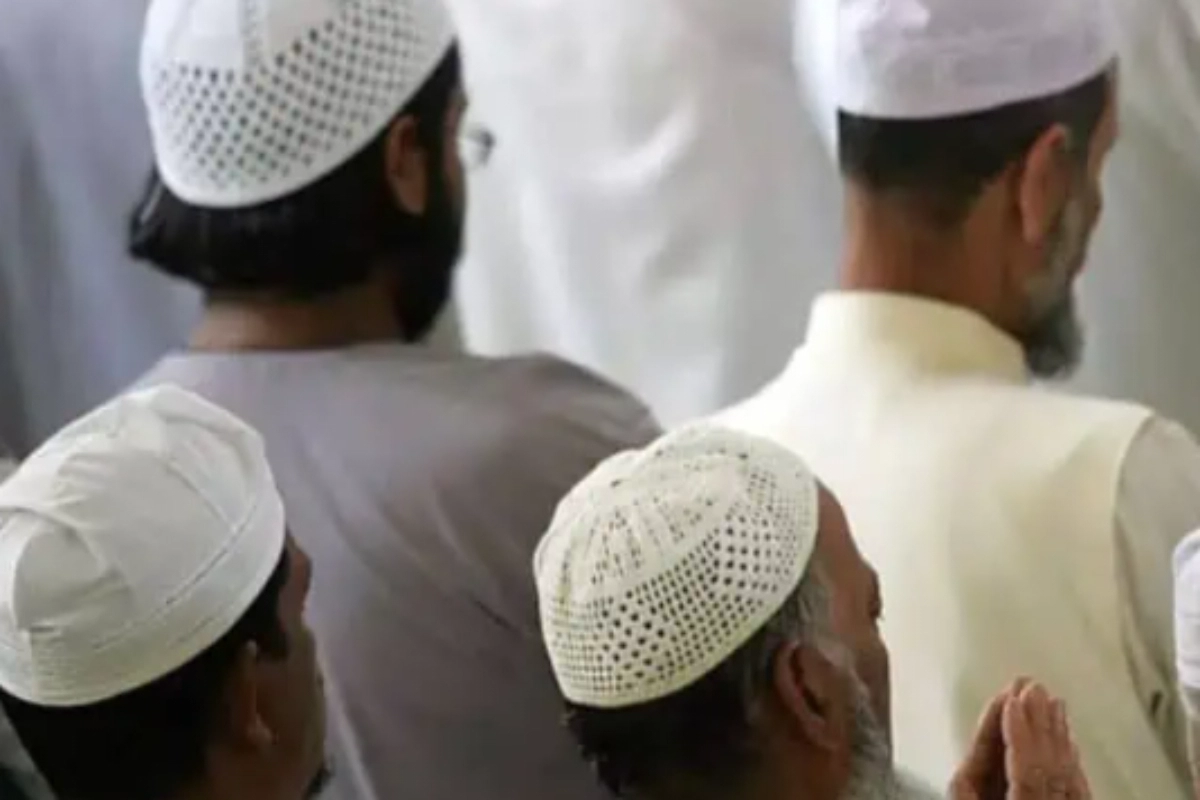Karnataka News: The Karnataka government’s decision to classify Muslims as belonging to the backward caste for reservation reasons has been marked with a red flag by the National Commission for Backward Classes (NCBC). According to the panel, social justice ideals in the nation are weakened by this kind of broad classification.
Karnataka Government’s Muslim Inclusion
The Karnataka Congress government’s data, as cited by NCBC, indicates that all Muslim communities and castes in the state are on the list of OBCs eligible for reservation in jobs and educational institutions. “Under Category II-B, all Muslims of Karnataka state have been considered as OBC,” it said.
All Muslim castes and groups have been designated as “socially and educationally backward” classes under Category IIB in the State List of Backward Classes, according to data provided by the Karnataka Backward Classes Welfare Department.
Review of Karnataka’s OBC Quota Policy
The panel had looked into the state’s quota policy for OBCs in government employment and educational institutions during a field visit last year.
“All castes/communities of Muslim religion of Karnataka are being treated as socially and educationally backward classes of citizens and listed as Muslim Caste separately under Category IIB in the State List of Backward Classes for providing them reservation in admission into educational institutions and in appointments to posts and vacancies in the services of the State for the purpose of Articles 15(4) and 16(4) of the Constitution of India,” the NCBC said in a statement on Monday night.
Eligibility for Reservation Benefits
It was noted that as a result of this classification, 17 castes under Category I and 19 castes under Category II-A, who are socially and educationally disadvantaged, respectively, are now eligible for reservation benefits.
According to the NCBC, the general classification of Muslims as a caste devoid of social mobility subverts the fundamental tenets of social justice, especially for the marginalized Muslim castes and groups that are defined as lacking in social and educational advancement.
Recognizing Diversity Within the Muslim Community
The NCBC emphasized, however, that although there are impoverished and historically marginalized groups within the Muslim community, portraying Islam as a whole as being archaic ignores the complexity and variety of Muslim society.
“The religion-based reservation affects and works against ethics of social justice for categorically downtrodden Muslim castes/communities and identified socially and educationally backward Muslim castes/communities under Category-I (17 Muslim castes) and Category II-A (19 Muslim castes) of State List of Backward Classes. Hence, socially and educationally backward castes/communities cannot be treated at par with an entire religion,” the NCBC stated
NCBC’s Social Justice Worries
The NCBC expressed concern as well about how these concerns might affect social justice as a whole, especially in light of local body polls.
Although Karnataka gives Muslims and other backward classes (32% reservation) in local body elections, the Commission emphasized the necessity for a comprehensive strategy that takes into account the diversity within these communities.
